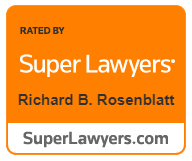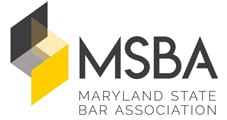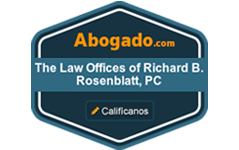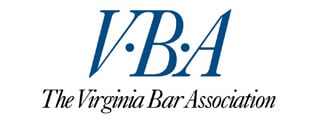The Chapter 7 bankruptcy process offers individuals a fresh financial start by discharging eligible debts.
To navigate this process successfully, you need a clear understanding of the key steps involved.
Prepare and file the bankruptcy petition
The first step in the process is preparing and filing the bankruptcy petition with the bankruptcy court. The petition requires detailed information about your financial situation, assets, liabilities, income, expenses and other relevant details. Ensure accuracy and completeness when compiling this information.
Activate the automatic stay
Once filed, the automatic stay takes effect. This legally halts most collection actions and provides immediate relief from creditor harassment, wage garnishment, foreclosure or repossession efforts. The automatic stay offers temporary protection while the bankruptcy case is pending.
Appoint a bankruptcy trustee
In Chapter 7 bankruptcy, the court appoints a bankruptcy trustee to oversee the case. The role of the trustee includes reviewing the petition, conducting a meeting of creditors (a 341 meeting) and, if applicable, liquidating nonexempt assets to distribute proceeds to creditors. Cooperating fully with the trustee throughout the process is important.
Complete credit counseling and financial management course
Next, individuals must complete credit counseling before filing and a financial management course after filing. These courses aim to provide financial education and guidance to help individuals make informed decisions and better manage their finances in the future.
Protect assets through exemptions
Additionally, bankruptcy involves liquidating nonexempt assets to repay creditors. However, exemptions protect certain assets, and these exemptions vary based on state and federal laws. Understanding and properly claiming applicable exemptions is important to safeguarding important assets from liquidation.
Obtain discharge of eligible debts
The ultimate goal of Chapter 7 bankruptcy is to obtain a discharge of eligible debts. Once the trustee completes the liquidation process and resolves any objections or challenges, the bankruptcy court issues a discharge order. This order releases the debtor from personal liability for most types of debts listed in the bankruptcy petition.
Before proceeding with bankruptcy, determine whether you meet the eligibility criteria. This includes passing the means test, which assesses your income and expenses to determine if you have sufficient financial need for relief. Once you determine your eligibility, you can proceed with the process.






